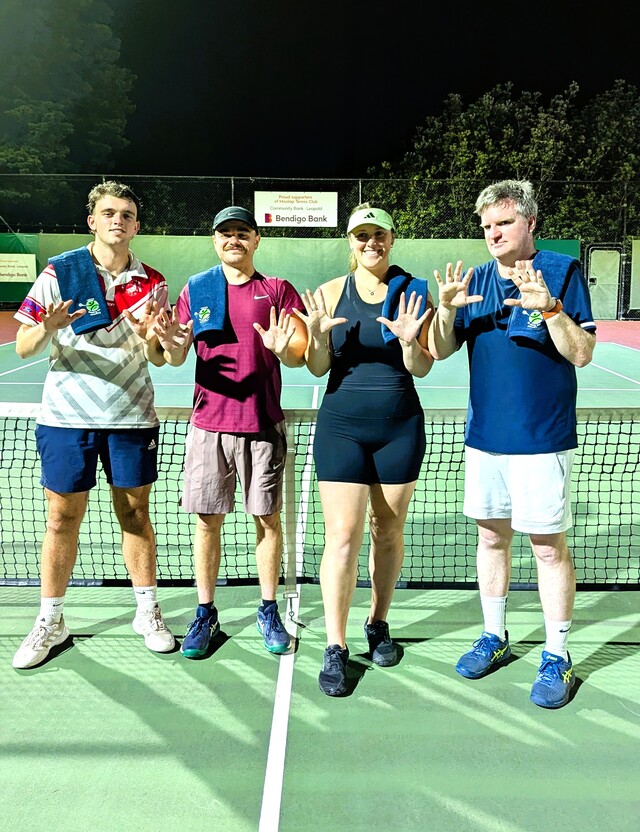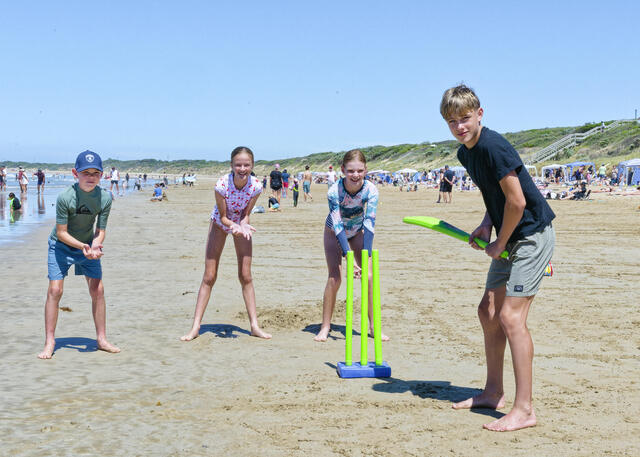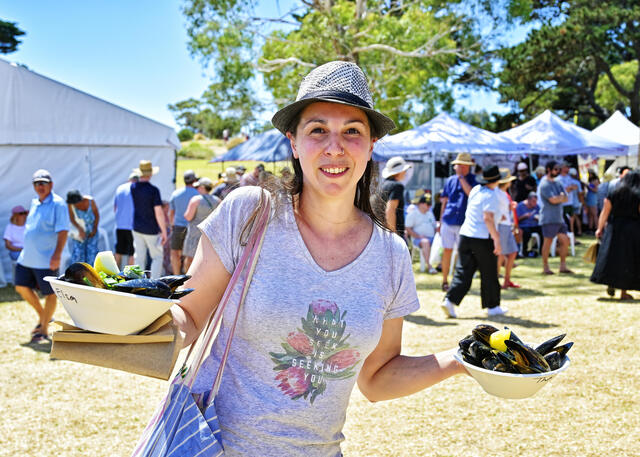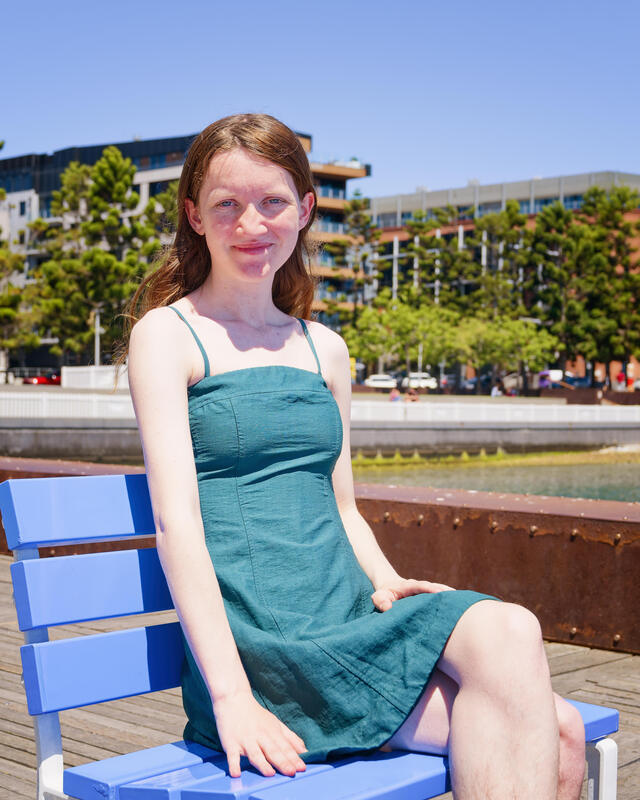The winner of topic three – ‘Run’ – in the Bellarine Writing Competition is Anne Whisken with her compelling story about early settlement problems in Australia.
The judges appreciated the outstanding evocation of the terrible realities that were faced by the Indigenous people.
The early departure of the local clan for a new location, necessitated by the rampant disease brought by the colonists, adds to the momentum of the story. The characters are well depicted and the language throughout is controlled and powerful.
This topic attracted 15 entries, many of which were considered as possible winners with every entry a competent piece of writing.
Notable mentions go to Jenny Macaulay, Wes Furyk, Mark Towse and Ali Holburn.
Anne Whisken
Anne is a librarian and teacher librarian who has retired to Portarlington on Wadawurrung Country.
Her PhD focused on ways that information literacy might be taught as part of subject learning. She maintains a keen interest in libraries, including library services to the northern Bellarine.
Portarlington Neighbourhood House writing groups have helped her try creative writing.
A descendant of convict and free English and Irish, Anne grew up in North East Victoria on Jaitmathong Country and East Gippsland on Gunai/Kurnai Country, with a rich history of family story telling about the hard ‘olden days’.
She heard about the old Aboriginal people who had been there before, their tools dug up as paddocks were ploughed. There were stories of women who had run
from the north and lived on the periphery locally.
More recently, she has learned more about the impact of European diseases on Aboriginal people in the early days of invasion and how they ran to escape, tragically carrying the contagion with them.
The story prompt ‘Run’ brought her to think about the harsh conditions for two sets of women who did not choose their circumstances.
Run by Anne Whisken
She was still out there. An echo of a slender tree trunk, shaped a step to the side, waiting and watching the house. Grace felt the burn of her eyes, the pull and urgency of the call.
“Come. Now, now!”
Grace knew the woman would leave soon. Already she had lingered too long. Her people had left weeks ago on their annual winter escape from the mountain cold down to lower sheltered gullies. But it was earlier than usual this year, their departure abrupt.
The smoke from their fires was suddenly gone, the last of the family groups glimpsed moving silently through the bush, wary eyes peering back to the north.
Then a few days back, others came, strangers, noisy in the bush, running, running. Some were found, sickened, on the tracks and her man said there were stories of bodies all the way to Sydney Cove.
“Faster they run, faster it spreads,” he’d grunted. “Saves bullets.”
This man had offered Grace the chance of a home of her own if he could use her name to gain a title on free land in the southern highlands. The fatherless brat of a convict woman who had survived the ship journey only to die in childbirth at the Female Factory, she had dared to hope for a different future.
Now she shivered, pulling a thin shawl closer about her shoulders as icy dawn mists swirled down the valley, veiling the other woman from her sight. But Grace knew she was still there, fur wrapped, anxious to outrun the new death. She didn’t want to leave Grace alone.
Back inside the windowless hut, Grace reached for sticks to coax life from ashes in the stone-piled fireplace. She winced in pain, her bend bringing a thud of blood to her gashed forehead and swollen eye.
“Bastard” she hissed, casting aside an emptied grog flagon. Her bruised side from the kicking a week ago was healing but the wounds from last night’s bashing were still fresh. He’d left early, thank the Lord, slurring words about sheep on the high plain. The dog hadn’t moved fast enough.
She’d heard it yelp and from the sounds of the snorting horse she knew it hadn’t fared much better.
“We’re two odd ‘uns,” she murmured, hunched half-dozing close to the flickering warmth. “Me and ‘er out there. Where do we belong?”
Grace had worked out a while back that the woman wasn’t from this local clan. It seemed she had run away from another country and had been accepted – but her ways and words were different. She was always at the edge of activities and had lingered with Grace when the women visited in the man’s absence. The two found solace in each other’s company, traced their scars, sliding eyes to tell the stories of the woundings, giggling with rude derision about the men.
Grace knew her friend would have heard the latest beating, the rage and thuds inside the hut, dog quivering outside and she a ragged doll thrown about within.
A whine at the door brought her to her feet. The raw-ribbed bitch shrank back, tail curled to hollow belly and a shaking back leg held above the ground.
“So, ya ran away? And what’s gunnar ‘appen to ya when he gets back, after ‘avin’ to round up the sheep on ‘is own?”
It crept to crouch at her feet. Grace’s hardened heart melted, and she knelt to gather the roughened body in her arms. She lifted her chin to look across the stump-stubbed paddock and through the brightening day met the other’s waiting eyes.
Dashing inside she gasped in panic, fearing the sound of returning hoofbeats. What to take, what could be carried? No thought for how she might endure unsheltered nights, how a white woman might survive the bush. Just the danger, danger, danger knelling loud, driving her out the door, the dog at her heels, and reaching to join hands to run.









